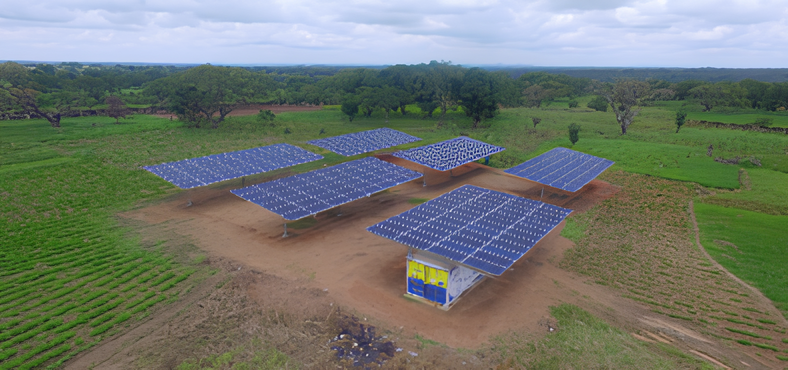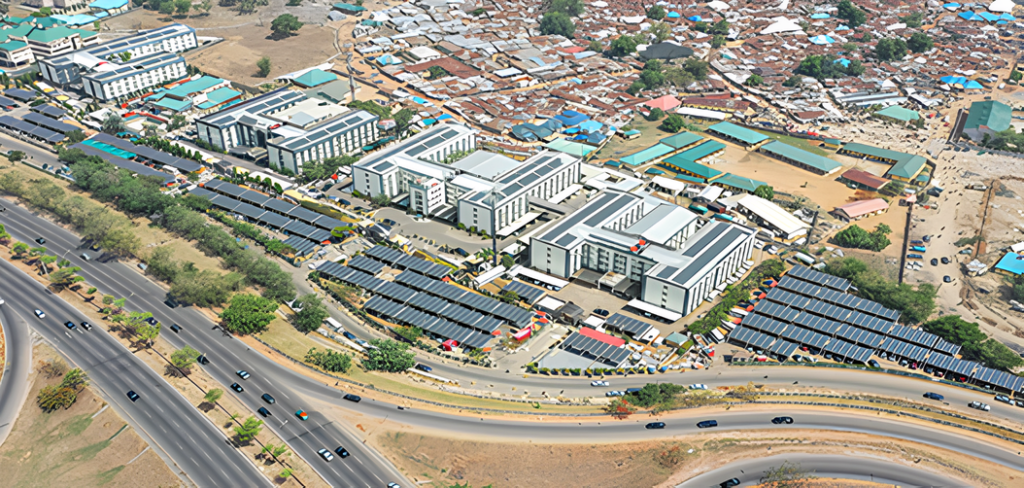key objectives
At the core of the plan are the following imperatives:
Improved Energy access
Improved energy access for millions of Nigeria
Poverty reduction
Lift 100 million Nigerians out of poverty and driving economic growth
Modern
Energy access
Bring modern energy services to the full population
job preservation
Manage the expected long-term job loss in the oil sector due to the reduced global fossil-fuel demand
Sustainable Transition
Play a leadership role for Africa by promoting a fair, inclusive and equitable energy transition in Africa that will include Gas as a “transitionary fuel”
legislation
Streamline existing and new government related energy transition initiatives
Key Insights
Nigeria’s net-zero pathway will result in significant net job creation with up to 340k jobs created by 2030 and up to 840k jobs created by 2060 driven mainly by the Power, Cooking and Transport sectors.
Nigeria’s energy transition creates significant investment opportunities such as the establishment and expansion of industries related to solar energy, electric vehicles.
Net job creation per sector
- oil
- power
- transport
- cooking
- gas
Nigeria is seeking to raise funds ahead of COP27
Nigeria is seeking to raise funds ahead of COP27
The additional cost of the energy transition above usual spending translates to ~$10 billion annually over the coming decades.
To kickstart the implementation of the ETP, Nigeria seeks to raise an initial $10 billion support package ahead of COP27.
However, the nation has even greater room for investment. A $23 billion investment opportunity has been identified based on current in-country programmes and projects that are directly related to the just energy transition.

